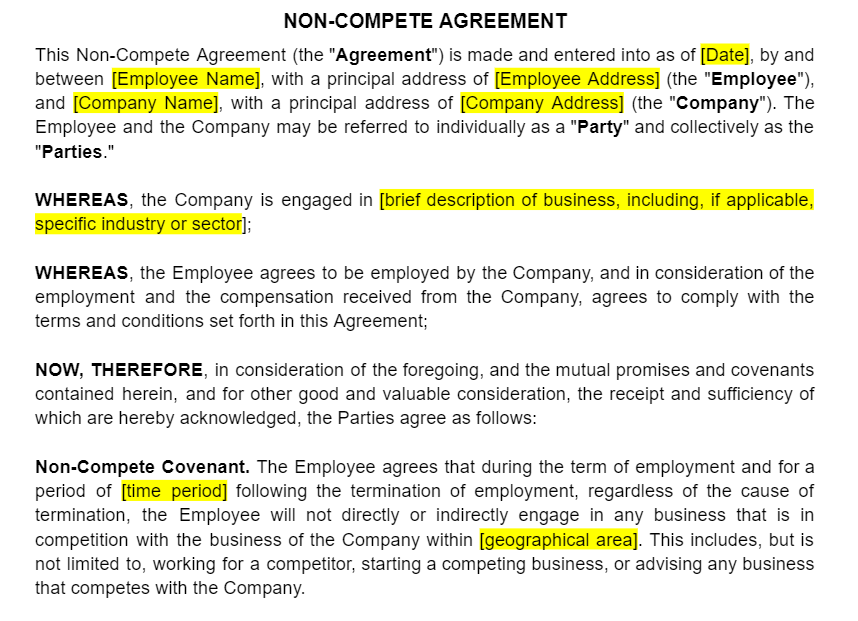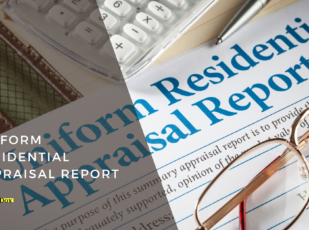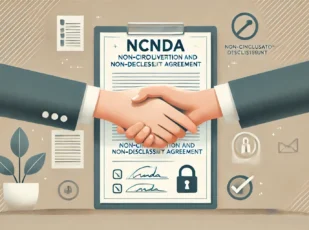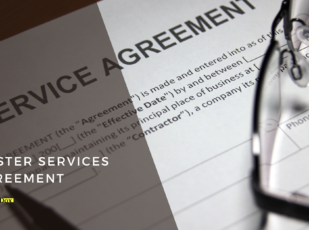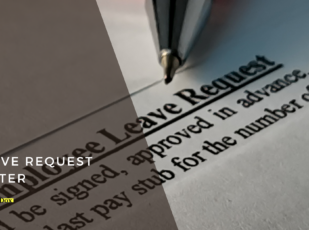
Non-Compete Agreement Template
6 Downloads
Corporate, Employment
November 27, 2024
Sayantani Dutta
Doing business has become very competitive over the years. For every company out there, it is vital to realize that if your trade secrets and proprietary information are not safeguarded, then you are risking it in a big way.
Businesses tend to invest considerable resources into developing unique products, services, and workflows frequently. These processes help set them apart from competitors. But the departure of employees who have access to sensitive information poses a significant threat if they choose to join competitors or start a similar business.
This is where Non-compete Agreements (NCAs) come into play. NCAs can legally protect your competitive edge in a world where your processes and tools are your main resource.
Understanding Non-compete Agreements
Non-compete agreements are legal contracts that restrict former employees’ ability to work in similar professions or industries for a specified period within a certain geographical area after leaving a company. Such an agreement aims to prevent the potential threat of a former employee exploiting proprietary knowledge, trade secrets, or any other form of sensitive information that can benefit competitors (or can be used to launch a competing business).
NCAs delineate certain conditions under which the employee is restricted from competing against a former employer. This not only protects your trade secrets and IPs but also client relationships, market knowledge, and all that investment that went into employee training. This seemingly simple piece of legal documentation might as well be your #1 protection in many cases. Not having one can lead to someone blatantly copying you and possibly beating you with just sheer, dumb luck. Especially if your product is not known as the market leader already.
Keep in mind that the actual enforceability of NCAs varies by jurisdiction, but they are generally upheld if deemed reasonable in scope, duration, and geographic limitation.
What Makes a Good Non-compete Agreement?
If you want to maintain your market position and secure any innovations or processes, you need a good, rock-solid NCA. This will help you prevent the unsolicited spread of proprietary information by actively restricting your ex-employees from joining competitors or starting similar ventures.
And knowing that investments in the training and development of your employees are protected by your company’s NCAs, any business is more likely to invest in their workforce, which, in turn, increases productivity. It’s a full cycle.
Furthermore, when you are secure in the knowledge that your competitive advantages are legally protected, you can focus on growth and development strategies without being worried about immediate imitation by a competitor.
So, what are the key ingredients for a non-compete agreement?
- Reasonableness in Scope and Duration: The agreement must be reasonable in terms of the geographical area covered and the time period of enforcement to be considered enforceable.
- Specificity in Restrictions: Clearly define the scope of activities restricted, including the industries, roles, and regions.
- Balancing Interests: Ensure the agreement balances the need to protect the business with the right of the individual to pursue their career.
- Legal Compliance: Adherence to the specific legal requirements and precedents set within the jurisdiction where the business operates. This is very important for the actual enforceability of these agreements.
Going Deeper: How NCAs Protect Confidential Information
A non-compete clause is so much more than a basic safeguard. It can be legally enforced. And the knowledge of the existence of such a clause can deter behavior and activities that can be harmful to your business or brand down the line.
Non-competition only applies to people who have worked for you (and in some cases, with you, depending on the applicable law). If someone has worked for you and has gained access to sensitive information (legally, under the employment contract), then of course, this information has to be protected once that person leaves your workplace.
That’s why we have this non-compete agreement in the corporate world. The entire agreement is only about how legitimate business interests can be protected. And often, they can be enforced anywhere. If you are in California and your employee leaves, then they cannot join a competitor who is willing to transfer them to their Oklahoma branch, let’s say.
The legal advice for employees is simple—have a strong employment agreement and a powerful NCA. But what about an independent contractor? Well, as it turns out, legally, you are well within your rights if you want to protect sensitive information from being used for a competitor’s benefit through a third-party, independent contractor. This can be made clear to the contractor in the contract itself. Once they agree, they are saying yes to not working for competing businesses or using your proprietary information in any shape, way, or form to offer a competitive edge to one of your competing businesses.
Of course, the terms of the agreement should clearly outline this. Often, companies resort to a separate contract template or confidentiality agreement. There’s no need for that. A non-compete agreement can protect your business activities in a comprehensive manner. The provision of this agreement is to cover the subject matter of non-competition and offer a disclaimer against such use.
Based on the governing law, the enforceability of a non-compete agreement (or even a non-disclosure agreement) can differ greatly from case to case. An employer’s business is not always in the right when it attempts to enforce a non-compete clause on an ex-employee. There are precedents that a law firm or legal counsel can resort to, in order to render the NCA moot. But that’s a little rare. Often, state laws rule in favor of a particular timeframe in which the employee should be under a restrictive covenant to prevent unfair competition.
Protect Your Business with FreshDox.com
Do you hire an attorney or take a stab at it yourself? Well, both have their drawbacks—you will either bleed money that is too much for the value it offers or you will have loopholes in your legal document. That’s where we come in, conveniently, in the middle.
Drafting a fair and enforceable NCA is a complex task. It requires a nuanced understanding of legal principles and local laws. Attorneys have this knowledge and they have to charge a lot for this. We also have this knowledge but here’s the key difference—we don’t have to charge as much.
FreshDox.com simplifies the process of drafting foolproof non-compete agreements with professionally designed templates that can meet the needs of everyone from solopreneurs to large enterprises. All you need to do is become a member of our platform and gain access to our wide array of legal and professional document templates including NCAs.
We offer our templates in both Word and PDF formats. They are easy to use, customizable, and come with flexible subscription plans. FreshDox.com even has a 14-day trial period if you just want to test how comprehensive and accurate our legal documents are. So, whether you are a small business owner, an individual seeking to protect your interests, or a legal professional with ongoing needs—we have the necessary resources to make your life easier when it comes to securing a business competitive advantage with confidence.
Protect your business’s future and maintain your competitive edge by downloading FreshDox.com’s Non-compete Agreement template today. Join us and experience the peace of mind that comes with knowing your business is safeguarded.
Related Templates
Discover more templates that align with your needs and preferences.

Ready to Sign Up?
Sign up for FreshDox.com’s 7-day trial and discover why so many individuals and businesses trust us for their legal document template needs.
- Cancel any time
- 7-day free trial
- From 300+ Customer Reviews

